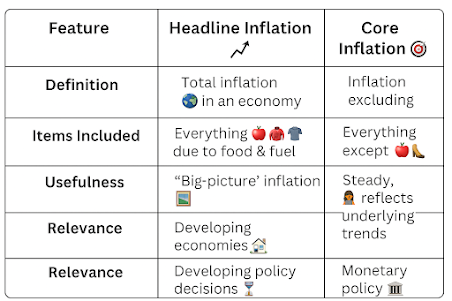🚩National Food Security Act, (NFSA)🚩
- Get link
- X
- Other Apps
🚩NFSA
👉Due to the issue of 'food security' where the lack of foodgrains created the issue at the household at ground level in rural as well as urban areas which was leading to the malnutrition and also unavailability of food to the needyonce urged the Government to address these problems.
👉Through the Public Distribution System and the Targeted Public Distribution System, the government enactment the National Food Security Act, (NFSA) 2013 on July 5, 2013 .
👉It marked a paradigm shift in the approach to food security from welfare to rights based approach.
👉The Act legally entitles upto 75% of the rural population and 50% of the urban population to receive subsidized foodgrains under Targeted Public Distribution System.
👉About two thirds of the population therefore is covered under the Act to receive highly subsidized foodgrains.
👉 As a step towards women empowerment, the eldest woman of the household of ✴️age 18 years or above is mandated to be the ✴️head of the household for the purpose of issuing of ration cards under the Act.
👉The Act is being implemented in all states and UTs on an all India basis.
👉maximum coverage of 81.34 crore persons, around 80 crore persons have been covered under NFSA at present for receiving highly subsidized foodgrains.
- Get link
- X
- Other Apps



Comments